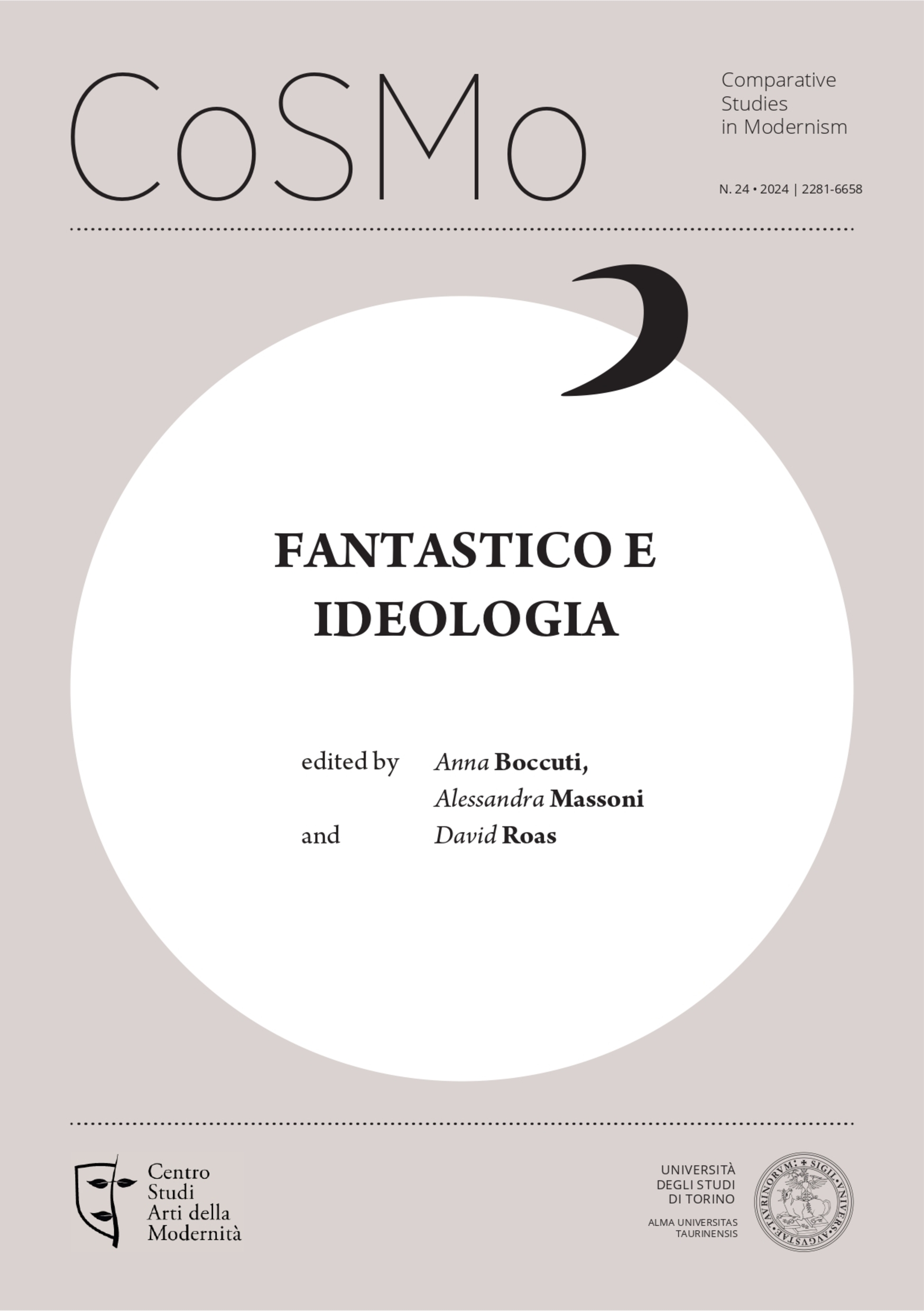El encierro de Cervantes
El “Quijote” en la dramaturgia argentina de la dictadura y la posdictadura
DOI:
https://doi.org/10.13135/2281-6658/10696Parole chiave:
Don Quixote, Cervantes, Argentine Theater, Argentine Dictatorship, CaptivityAbstract
The following article analyzes three theater pieces produced during the dictatorial and post-dictatorial periods in late 20th-Century Argentina: El acompañamiento (1981) by Carlos Gorostiza, ¡Ladran, Che! (1994) by Carlos Alsina, and La razón blindada (2005) by Aristides Vargas. The essay explores the way these plays rewrite and re-signify Cervantes’s Don Quixote as means to reflect upon topics like captivity, freedom, the disciplinary State (Foucault), and utopia. The appearance of Don Quijote in these plays—either as a character or an ideal—helps us understand the role of the fantastic as an artistic response and as an alternative to the horror engendered in the context of dictatorial regimes.
Downloads
##submission.downloads##
Pubblicato
Fascicolo
Sezione
Licenza
Gli autori mantengono i diritti sulla loro opera e cedono alla rivista il diritto di prima pubblicazione dell'opera, contemporaneamente licenziata sotto una Licenza Creative Commons - Attribuzione che permette ad altri di condividere l'opera indicando la paternità intellettuale e la prima pubblicazione su questa rivista.





